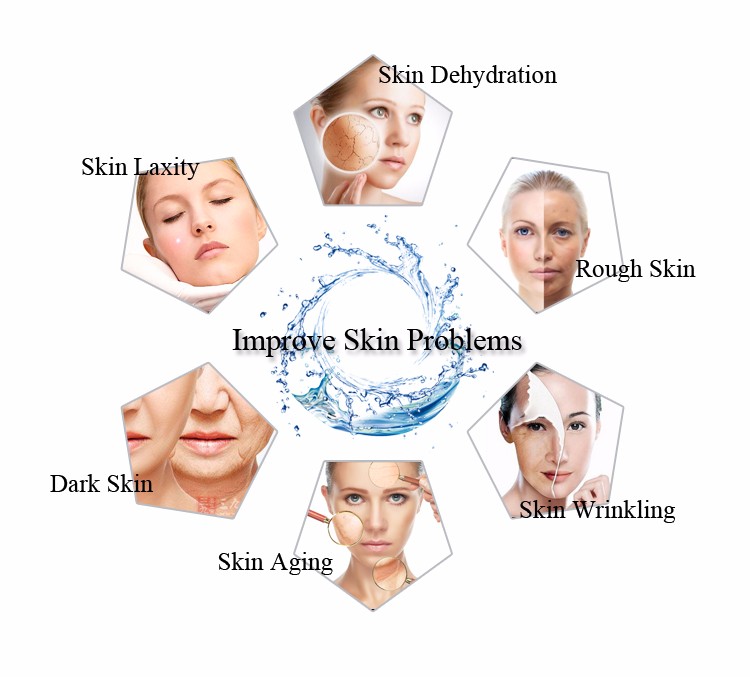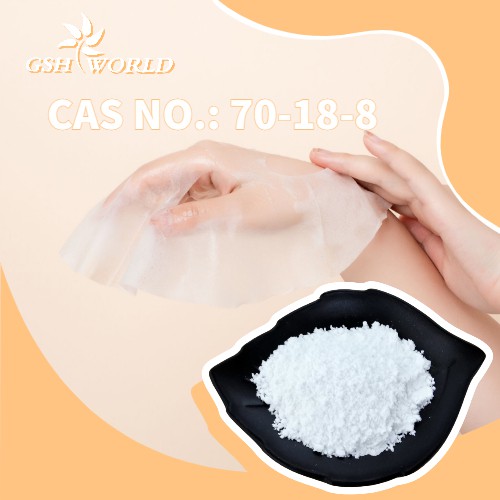Glutathione is one of the most powerful natural antioxidants in the human body. Its core function lies in eliminating free radicals, maintaining cell health, and participating in important physiological processes such as liver detoxification and immune regulation.
As people age, the body’s ability to synthesize glutathione gradually declines. However, by supplementing related nutrients through a scientific diet, its level can be effectively enhanced, and the overall antioxidant defense capacity can be strengthened.

Glutathione in food: Direct supplementation and synthesis promotion
Although glutathione is present in some foods, the absorption rate of direct intake through diet is limited.
A more effective approach is to consume foods rich in their synthetic precursors (cysteine, glycine and glutamic acid) and cofactors to promote the body’s own synthesis.
1. Foods that directly contain glutathione (with a lower absorption rate but still beneficial)
- Fresh fruits and vegetables: spinach, avocado, asparagus, okra, tomato
- High-quality protein: Unprocessed meats and fish (such as salmon and tuna)
- Dairy products: Pasteurized milk, whey protein (retaining more active ingredients)
Key nutrients promoting glutathione synthesis
- Cruciferous vegetables: broccoli, kale, cabbage (rich in sulforaphane, which activates synthase)
- Garlic and scallions: garlic, Onions, leeks (sulfur-containing amino acids directly support synthesis)
- Selenium (enhances the antioxidant activity of glutathione
- Brazil nuts (each nut is extremely rich in selenium. 1-2 nuts a day are sufficient)
- Seafood: Oysters, tuna, shrimp
- Vitamin B complex (auxiliary metabolism)
- Whole grains: Oats, brown rice
- Animal livers: chicken liver, pig liver (consume in moderation)
Dietary combination suggestions for optimizing absorption
- Pairing with vitamin C: Citrus fruits, kiwi, green peppers (to help reduce the active form of glutathione)
- Avoid high-temperature and prolonged cooking: Steaming, boiling or quick stir-frying are superior to deep-frying to reduce the loss of nutrients
- Regular protein intake: Consume a balanced amount of high-quality protein (such as eggs, beans, and lean meat) every day to ensure the supply of amino acids
Synergistic enhancement of lifestyle
Moderate exercise: Regular physical activity can increase the level of glutathione in the body
Reduce oxidative stress: Avoid behaviors that accelerate the consumption of GSH, such as smoking, excessive drinking, and staying up late
By scientifically combining a diet with healthy living habits, it is possible to effectively maintain glutathione levels, enhance the body’s antioxidant and detoxification capabilities, and lay a foundation for long-term health.


